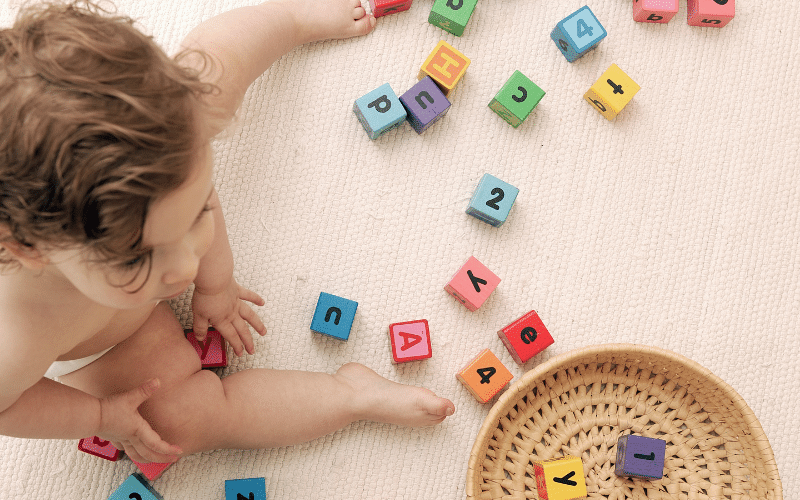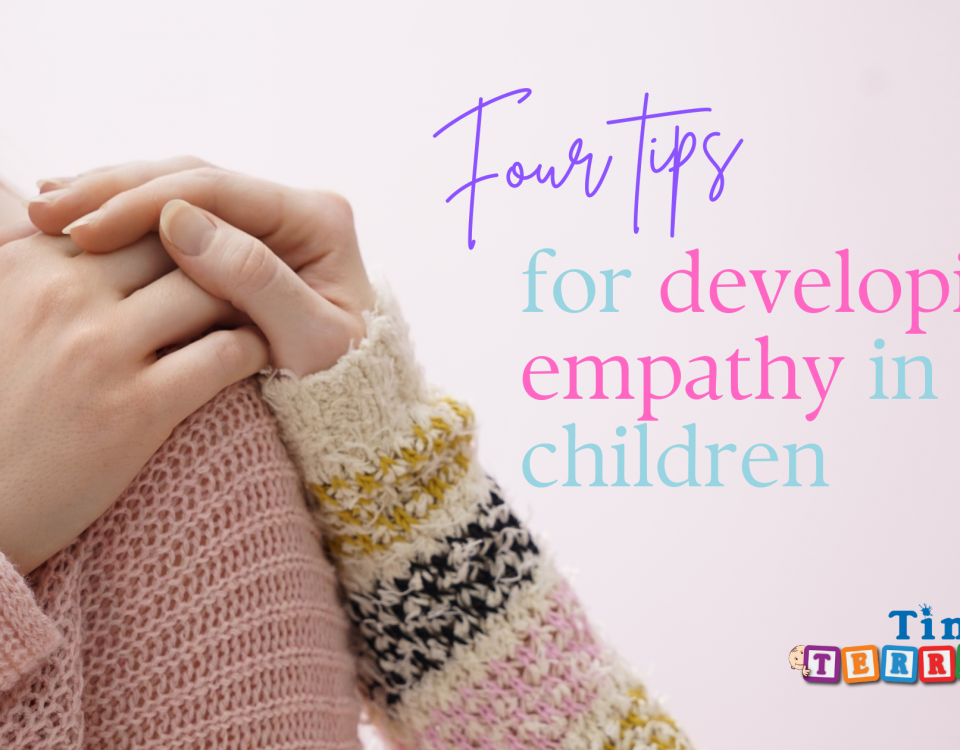
Anxiety: A guide for parents and carers
September 17, 2021
5 Wellbeing Tips for the Christmas Period
November 17, 2021Effective De-escalation Strategies for Diffusing Toddler Meltdowns

Toddlers are often overwhelmed by big emotions they don’t yet know how to control. While their mega-meltdowns may throw you through a loop, there’s a reason behind this behaviour. Usually, it’s because they want to avoid something (like bedtime), want to have control (like choosing what they get to eat), want attention, or they’ve been overstimulated.
Sometimes an outburst or meltdown can seem unpredictable, however experts say there is a foreseeable pattern that can be classified into seven stages, often referred to as the acting-out cycle. To help parents choose effective interventions, it is useful to first understand the progression of escalation.
- Calm – In this phase, your child is responsive and cooperative.
- Trigger – A stimulus sets off a pattern of behavior.
- Agitation – Your child displays signs of anxiety or may withdraw from the situation.
- Acceleration – The escalation of uncooperative, aggressive, or provocative behaviors.
- Peak – This is the climax of the incident. Your child’s behavior will feel out of control.
- De-escalation – The reduction in the frequency or intensity of unpleasant behaviors.
- Recovery – Your child transitions back to a calm, responsive state.
Whatever the reason, it’s good to know some tools to help de-escalate and diffuse the situation. These effective strategies will help bring calm back to your child’s world, and yours too!

Watch for clues
Pay attention to your child, because those verbal and nonverbal warnings are often right in front of you before the meltdown starts. Fidgeting, pacing, shaking, clenching the jaw, making sounds, fast-talking, higher pitch in voice and teary eyes can clue you in take steps to diffuse your child before they explode into a full meltdown.
Keep calm
No, dealing with this screaming child when you’d rather have your coffee isn’t an easy feat, but you must stay calm. Focus on your breathing and keep your voice even. You can’t control your child, but you can reign with calmness. Speak in a slow and soothing tone too as yelling isn’t going to make anything better for either of you. Plus, by modelling this behaviour, your child will instinctively start to mellow out.
Check your body language
Remember, positivity attracts more of the same and thus is true with negativity. If you stand there with your arms crossed and an angry face, even if you speak calmly, it’s giving your child mixed signals. You want to get down on their level and give them enough space, so they don’t feel boxed in.

Try a distraction
Often for little ones, a distraction will yank them out of meltdown mode. It could be a favourite toy or book, or simply making silly faces.
Plan ahead
Meltdowns can be avoided in young children with a little planning ahead. If you go to the supermarket with your child, avoid doing it when they would be taking nap time or are hungry. Working around these things can save you both tears and frustration.
Minimise the audience
If the whole family is around when the meltdown starts, get the others to leave the room. Even when children know everyone around them quite well, it can be overwhelming when their emotions overwhelm them. Having other family members move into another room is best until things cool down.

Validate their feelings
When you tell your child it’s time to come eat and they don’t want to stop playing, make sure to acknowledge their feelings. Tell them you understand it’s frustrating and give them choices that help them see you’re there to help instead. When your child feels like you’re against them, it will only make the meltdown worse.
At the end of the day, remember that your child’s journey is their own. Our role as parents and carers is to be the guide by their side, gently nurturing and loving them through all emotional states and behaviours. Through de-escalation, both parent and child come through more connected, physically, and emotionally.
In-Home Parenting and Behaviour Support
Tiny Terrors is an award-winning in-home parenting and behaviour support agency. Our aim is to equip you with the tools and strategies you need to manage and encourage more positive behaviour and help improve everyday activities with your child.
At Tiny Terrors we will offer individually customised consultations and programs to suit your family and their needs. We realise that your child is unique and therefore adapt methods to best suit your family. By offering an in-home service we know that your children are more likely to respond positively to methods implemented in their comfort zone and in familiar surroundings.
Tiny Terrors is based in Sydney but we offer services Australia wide. Please get in touch and feel free to follow us on Facebook and Instagram!
Phone 1300 00 14 14


